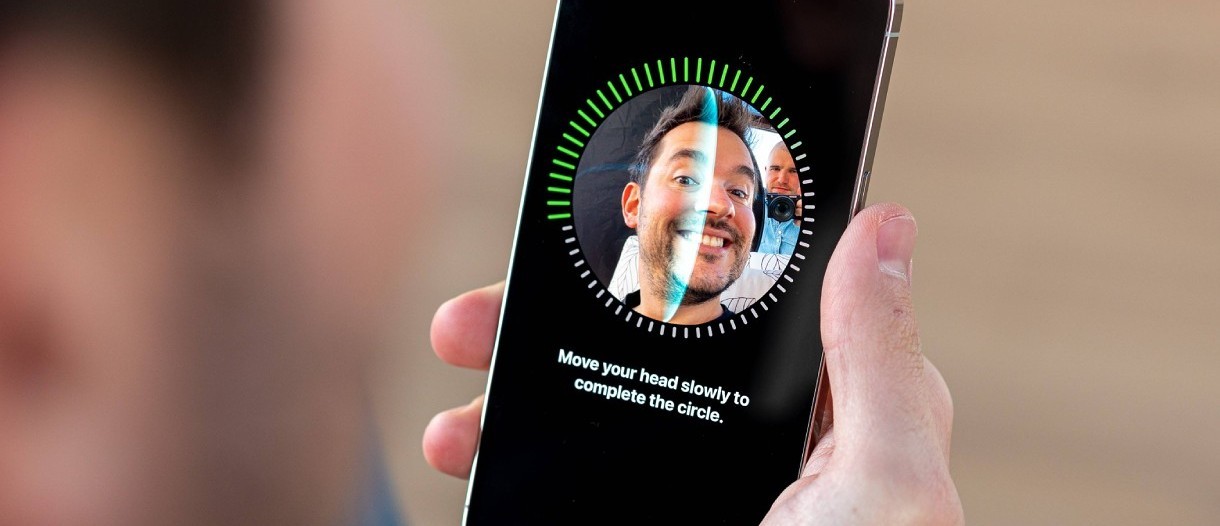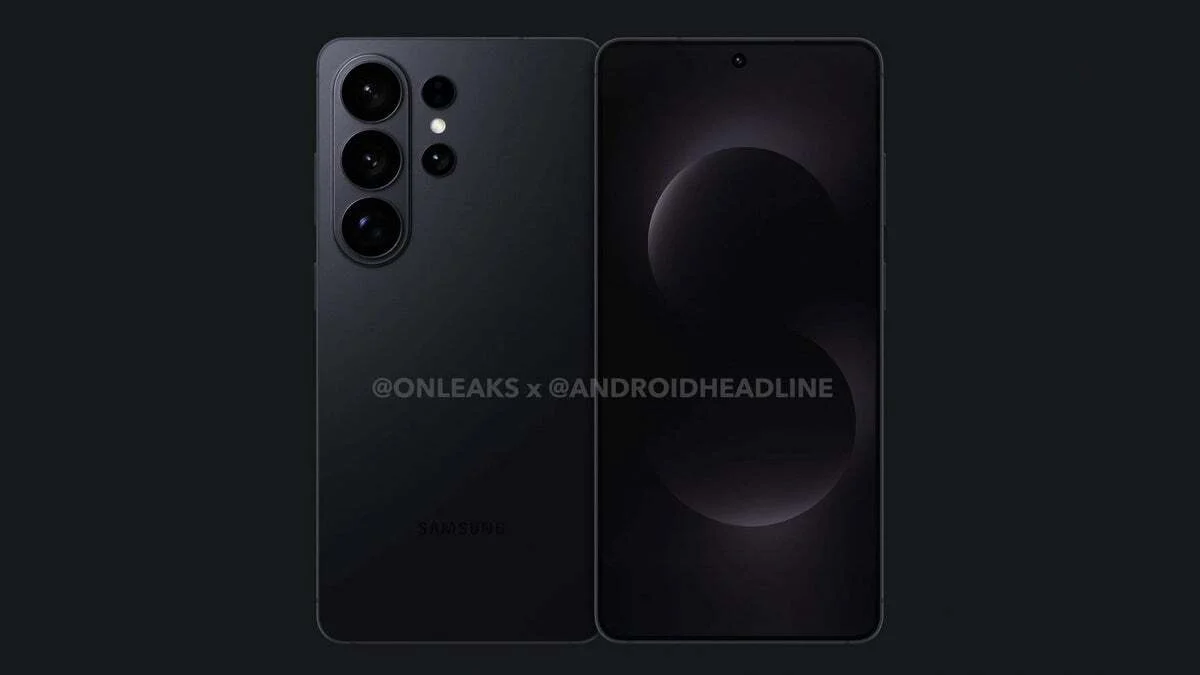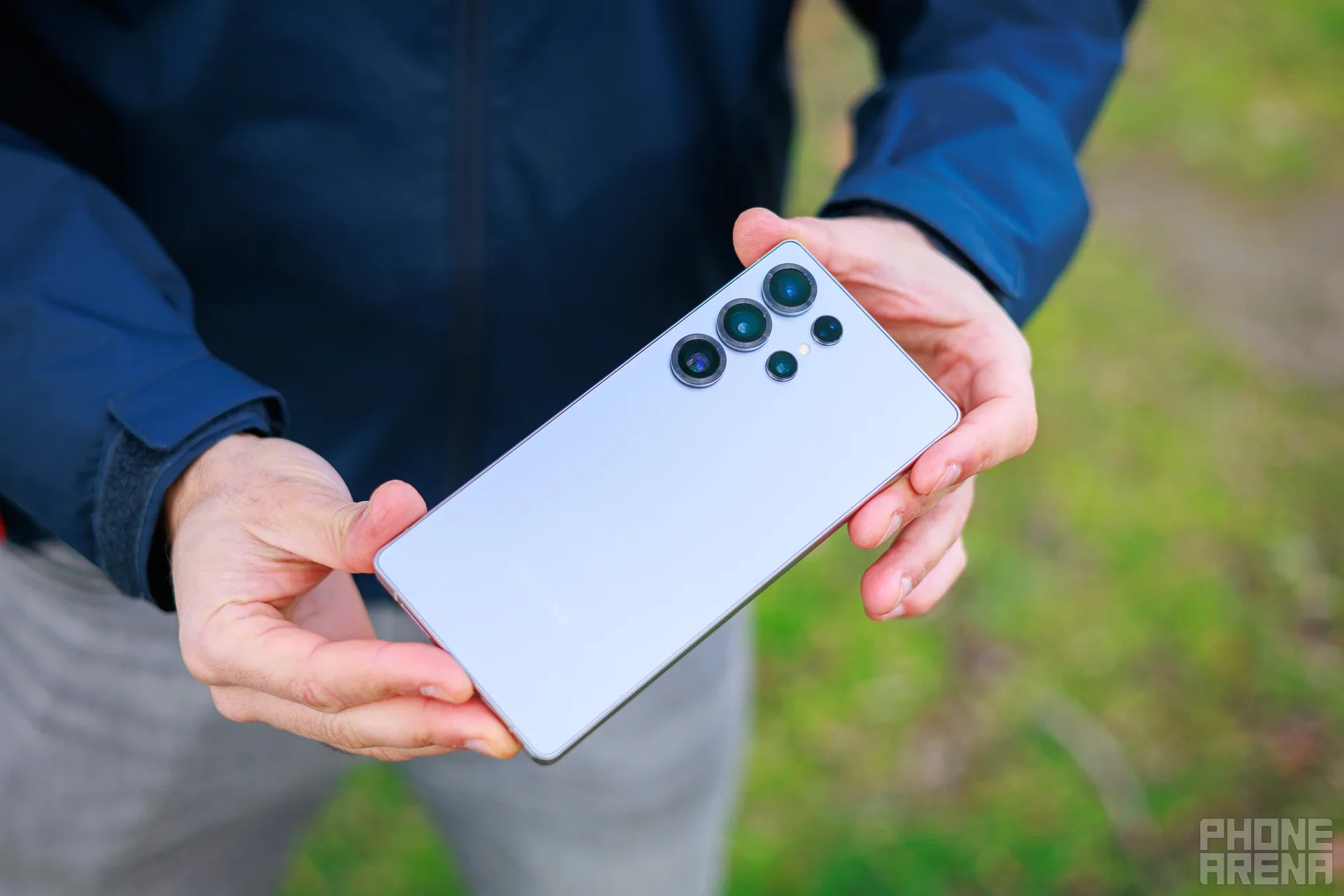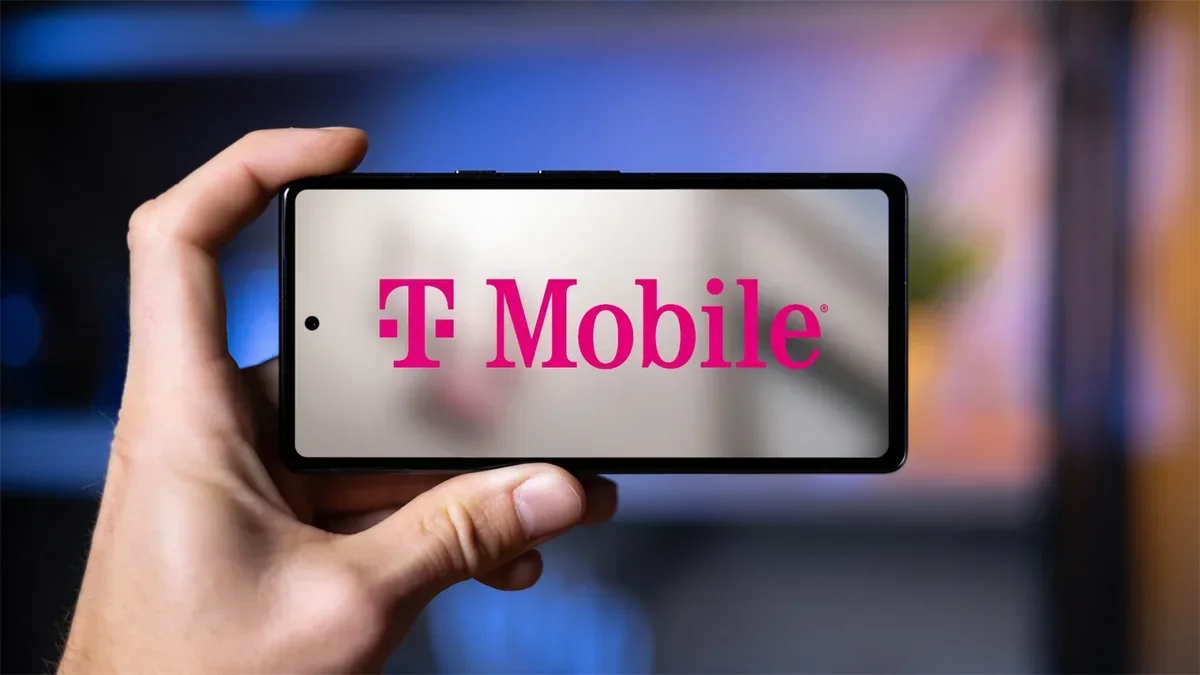In an exciting development for Apple enthusiasts, rumors are swirling about the tech giant's latest innovations. The highly anticipated foldable iPad Pro is rumored to feature an under-display Face ID system, as reported by leakster Digital Chat Station. This merge of foldable devices and advanced biometric technology has been a topic of speculation for years, and it seems we may finally see these concepts come to fruition.
This revelation pertains specifically to the forthcoming foldable iPad Pro, not to be confused with the rumored foldable iPhone set to launch next year. The implementation of under-display Face ID may not involve relocating all Face ID hardware components—specifically the IR projector and the IR camera—yet it appears that only the projector will be transitioning under the display. This innovative approach could utilize what has been termed a "meta-lens," although there is a possibility that translation nuances have occurred.
Interestingly, this development mirrors the initial ambitions of Apple to reduce the size of the Dynamic Island feature on iPhones. Initially, the projector was slated to move beneath the display, with plans for future iterations to incorporate the camera as well. Although this shift was expected to occur this year with the iPhone 17, recent reports indicate that further refinement is needed before its implementation.
 Face ID Remains Apple's Primary Secure Unlock Technology
Face ID Remains Apple's Primary Secure Unlock TechnologyThe forthcoming foldable iPad Pro is anticipated to feature an impressive 18.8-inch display—this size surpasses that of any current MacBook while being smaller than the 24-inch iMac. As Apple continues to favor Face ID as its principal security mechanism, traditional Touch ID has been relegated to some iPad models (such as the vanilla, Air, and mini variations), with Face ID now being the standard for the Pro series. Notably, the fingerprint reader has been phased out on newer iPhones following the discontinuation of the SE model, while the iPhone 16e has fully adopted Face ID. It seems Apple is not pursuing under-display Touch ID solutions, signaling a strong commitment to their facial recognition technology.




